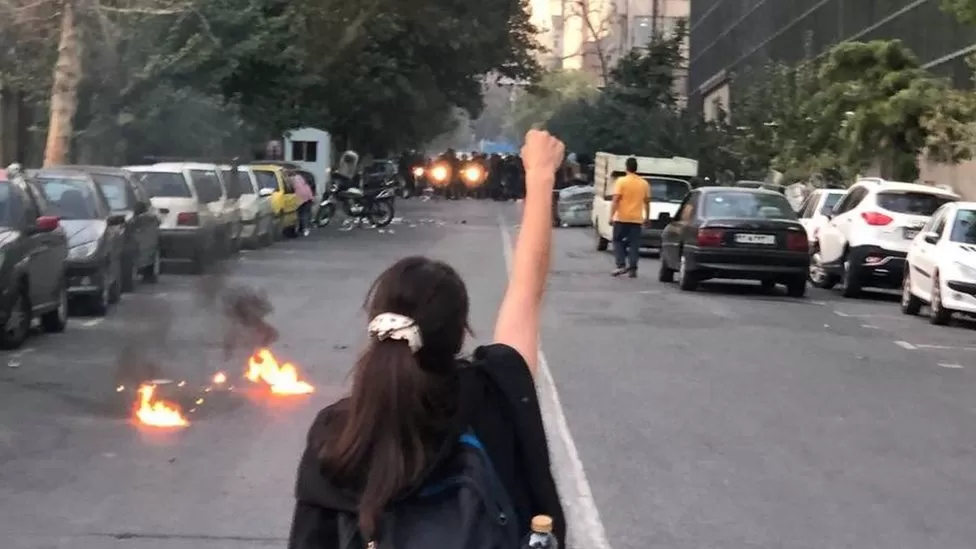If you’ve been on Instagram in the past week, you’ve been bombarded with story posts about the recent abortion legislation in the United States. Countless people expressing their thoughts and feelings on the situation, reposting tweets and headlines. As I peruse these images the question strikes me over and over again: is social media activism effective?
Personally, I don’t usually post my political opinions online. But I don’t have anything against people posting their thoughts on a topic via Instagram or Twitter, I just don’t feel it’s the best way for me to express my emotions. It’s easy to jump to conclusions about what people post, but something I’ve learned is that you should never be too quick to judge.
For instance, even though I don’t post my political views online, if you knew me in person you would know that I am very interested in politics and social justice and openly discuss my opinions. Some people choose to take those opinions online. But to outsiders, those who post on social media may seem like they are using the internet as a cop-out for actual activism.
I recently had a friend argue me this same point. My response was: well, at least they’re doing something. In the modern age, social media has taken over activism. Politicians use it to illustrate their platform and respond to events. This rise of social media activism gained momentum during the 2016 election, when candidate Donald Trump used Twitter to freely showcase his opinions. A report came out in 2016 that said, “Twitter was taken to a new level this year because of Donald Trump,” says Barry Burden, political science professor at the University of Wisconsin in Madison. “His aggressive and unconventional use of the platform generated news.” His no-filter use of the platform gained him lots of support. Twitter is the perfect tool for politicians to use because of its easy accessibility to the general public. Trump’s use of Twitter was a large factor in his victory in the last election.

So if politicians can use social media as an effective tool for gaining support, why are everyday citizens looked down upon for doing the same thing? Using social media can help gain awareness for an issue and can help garner support for a cause. Many young people neglect the news, so for some, social media is their biggest news anchor.
Social media is taking over modern day activism, and it’s hard to tell if that’s a good or bad thing. Contemporary IRL activism is far from what it used to be. The Women’s March and The March For Our Lives campaign did not happen illegally– as what used to be the norm. It’s not mainstream for people to picket without warrants on public or government property. Passive protests have become what’s normalized. The main goal of modern mainstream activism is to spread awareness, not get arrested. And spreading awareness is something that social media is very good at.
So in this sense, social media activism is effective. The world is changing, and so are the ways we receive information. Something as universal as the internet can help bring people together and stimulate conversations across world borders. For the socially conscious, social media should be embraced with open arms– and utilized to the best of our ability as a tool for change.
Photo: Tracy Le Blanc via Pexels



